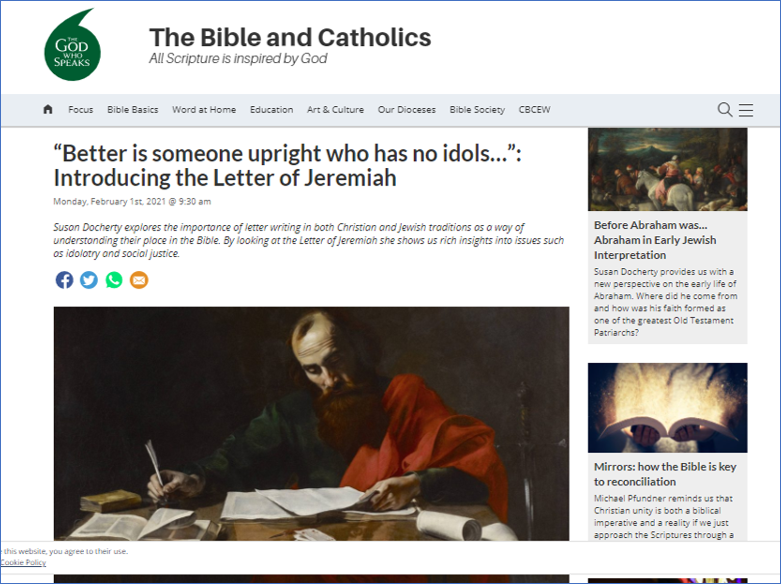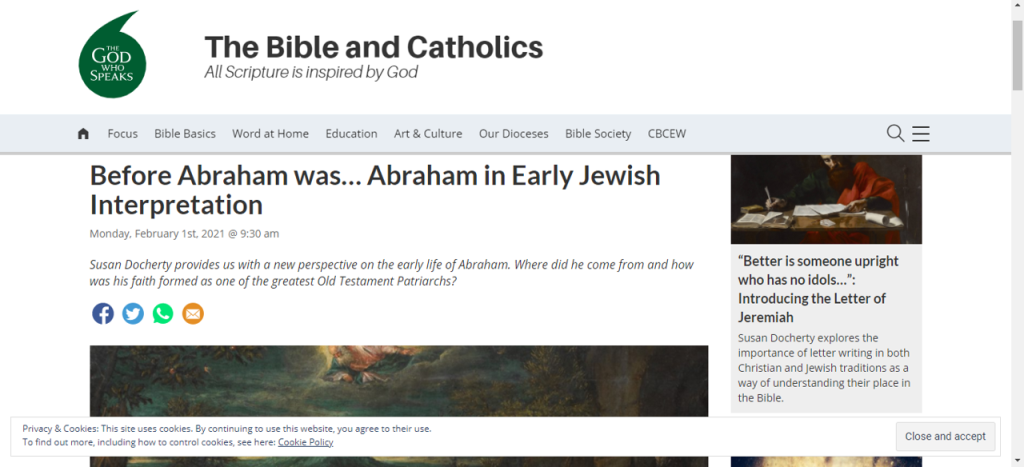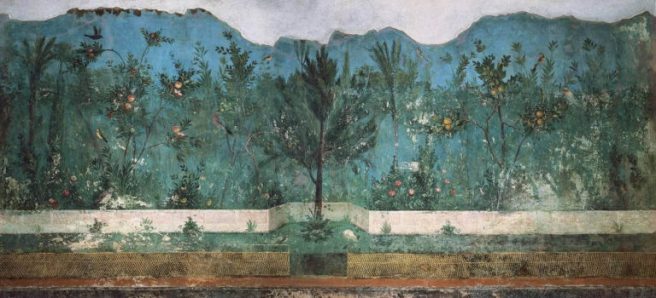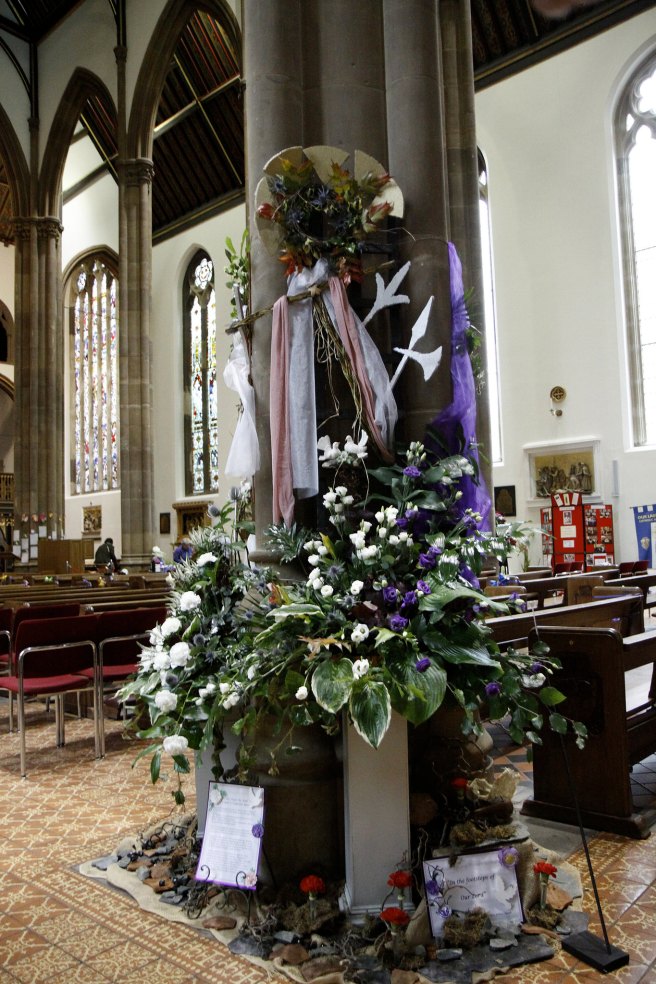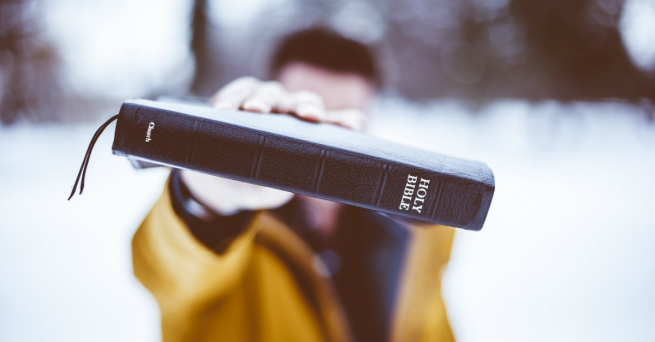An increased awareness of the climate and ecological emergencies that we are facing has necessitated a re-examination and evaluation of our attitudes to towards the Earth and how we locate ourselves among the diverse non-human communities with whom we share the planet. This is not a new debate. Throughout Christian, Jewish and Islamic history there have been individuals and communities that have questioned our understanding and attitudes to the created world. It is a very deep and rich tradition and many are finding these voices helpful. However, what is different today is the urgency and sheer enormity of the task, as well as a greater understanding of our impact on the climate and ecology.
In the run up to the World climate conference, COP26, there has been a renewed interest in what the Bible might say to us about about the climate, the ecological challenges we face. One biblical figure that repeatedly springs to peoples’ minds when discussing ecological disaster is Noah. Whilst this is understandable, it is all too easy to draw rather simplistic parallels between Noah (and his saving animals from extinction) and our efforts to address climate and environmental breakdowns. However, the text is notoriously problematic. This should not be surprising as it functions within the biblical history of Israel as a narrative pivot point between the world of Adam and Eve and the one that was more recognisable to the writers of the accounts. Nevertheless, it raises some very serious questions about the environment attitudes to it that don’t altogether sit easily with an environmentally conscious reading or theology.
Continue reading

